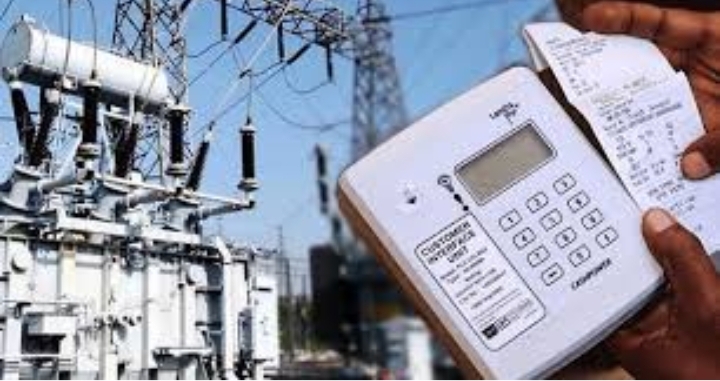The Enugu State Electricity Regulatory Commission (EERC) has approved a downward review of the electricity tariff for Band A customers under MainPower Electricity Distribution Limited, reducing the rate from ₦209 per kilowatt-hour (kWh) to ₦160/kWh.
The new tariff was announced in a regulatory order (EERC/2025/003), titled “Tariff Order for MainPower Electricity Distribution Limited 2025,” and will take effect from August 1, 2025.
MainPower recently took over distribution operations from the Enugu Electricity Distribution Company (EEDC) as part of Enugu State’s effort to fully localize power sector regulation under the 2023 Constitutional Amendment and the Electricity Act 2023, which empower states to control their electricity markets.
“This tariff is cost-reflective and aligned with the federal government’s current subsidy on power generation,” the Commission stated in a release issued Sunday. “It ensures electricity consumers in Enugu are not overcharged while also protecting the financial viability of the new operator.”
EERC to Enforce Compliance and Service Standards
The Commission emphasized that strict monitoring and performance evaluation mechanisms are in place to ensure MainPower delivers consistent service in line with its commitments.
MainPower is now required to publish a daily seven-day rolling average of electricity supply hours for each Band A feeder on its website, no later than 9 a.m. the following day.
“Failure to deliver the agreed level of service for two consecutive days must be reported to the Commission within 24 hours,” EERC warned. “Any feeder that underperforms for seven consecutive days will be automatically downgraded to its actual level of supply.”
Tariff Derived from Cost-Based Model
EERC Chairman Chijioke Okonkwo explained that the new ₦160/kWh Band A rate was determined through a detailed review of MainPower’s tariff and licensing application using the Commission’s 2024 Tariff Methodology and Distribution Tariff Model.
“We arrived at an average cost-reflective tariff of ₦94, factoring in federal subsidies,” Okonkwo said. “The government currently subsidizes power generation, paying ₦45 out of the actual ₦112/kWh cost. That significantly lowers the cost passed on to consumers.”
He added that the ₦160/kWh charge for Band A customers was designed to soften the impact of removing the earlier ₦209/kWh rate, while maintaining financial viability for MainPower. Rates for Bands B to E remain frozen for now.
Tariff May Adjust if Federal Subsidy Is Withdrawn
Okonkwo noted that while the current rate benefits from a federal subsidy, the tariff could be subject to upward revision if the subsidy is withdrawn.
“Any power purchase agreement (PPA) entered by MainPower outside the federally subsidized supply will trigger automatic tariff adjustment to reflect the true cost,” he said.
Despite these caveats, the Commission affirmed that no additional financial support would be required from the Enugu State Government.
“In the meantime, it’s only fair that Ndi Enugu—especially Band A customers—begin to enjoy the reduced rate from August 1,” Okonkwo said.
The development marks a milestone in Enugu’s drive toward energy autonomy and localized electricity regulation, with the state taking full advantage of constitutional reforms to tailor electricity services to local realities.

